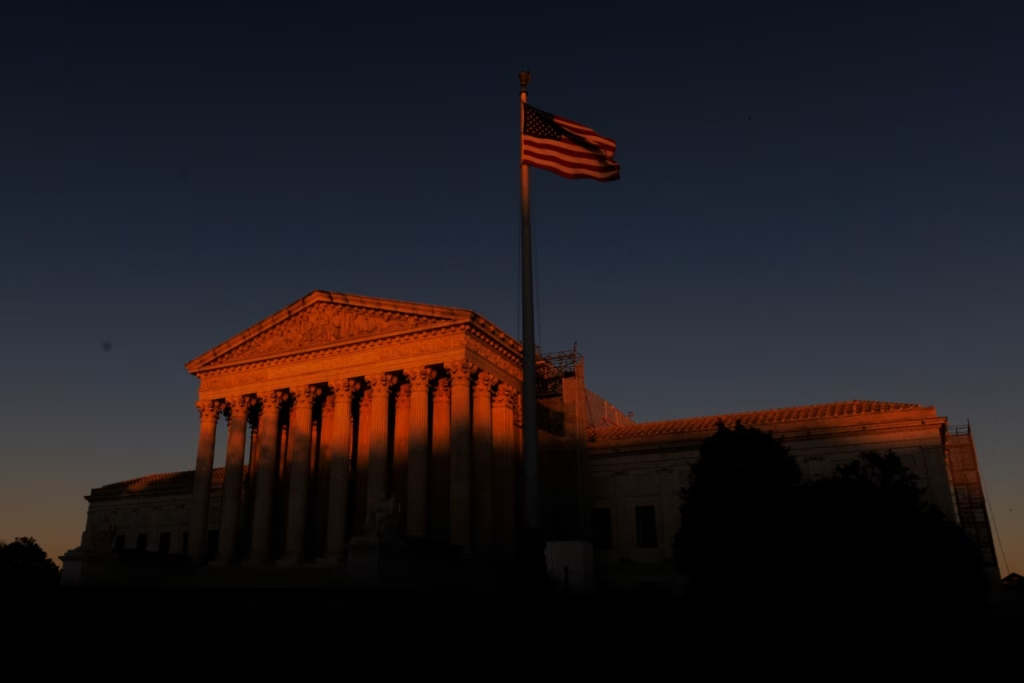The Supreme Court is set to hear a significant case on Wednesday that revolves around the rights of transgender minors and their access to gender transition treatments, such as puberty blockers and hormone therapy. Known as United States v. Skrmetti, the case focuses on a Tennessee law that prohibits these treatments for minors in the state.
The law not only bans gender-transition care but also subjects health care providers who continue to offer such treatments to potential fines and lawsuits. The American Civil Liberties Union (ACLU) is challenging this law in court on behalf of three transgender adolescents and a Memphis doctor who practices in this field. They argue that the law goes against the Equal Protection Clause of the 14th Amendment.
Tennessee officials counter that the law does not discriminate against individuals based on gender. Instead, they claim it simply establishes guidelines for the use of specific medical treatments, thereby not violating the Constitution.
The core issue before the Court is whether Tennessee’s Senate Bill 1, which restricts medical treatments for minors based on their assigned sex at birth, violates the Equal Protection Clause. This case is particularly noteworthy as it marks the Supreme Court’s first consideration of regulations concerning puberty blockers, hormone therapy, and surgeries for minors, making it a pivotal moment for similar laws in other states.
In March 2023, Tennessee enacted Senate Bill 1, which is part of a growing trend, as at least 25 states have passed similar measures banning gender transition care for adolescents.
Ahead of Wednesday’s arguments, both sides have prepared to present their cases. The petitioners will be led by U.S. Solicitor General Elizabeth Prelogar and ACLU attorney Chase Strangio, who will become the first openly transgender individual to argue before the Supreme Court. Representing Tennessee will be Solicitor General J. Matthew Rice and Attorney General Jonathan Skrmetti.
The petitioners contend that the law’s intent is to “encourage minors to appreciate their sex,” which they view as inherently discriminatory. They argue that by denying one group medical treatments that are available to others, the law creates a division based on sex, triggering heightened scrutiny under the Equal Protection Clause.
Tennessee’s defense plans to assert that their law does not establish a sex distinction but rather creates different categories for minors seeking various medical treatments. They believe their law is justified as a means to protect minors and uphold medical ethics.
The Supreme Court uses various levels of scrutiny to assess laws under the Equal Protection Clause: strict scrutiny, heightened scrutiny, and rational basis. The case will look at whether Tennessee’s law meets these constitutional tests.
In the past, U.S. District Judge Eli Richardson noted that parents have a fundamental right to direct their children’s medical care and expressed concerns over the likelihood that the Tennessee law would fail the heightened scrutiny test. However, a subsequent decision from the Sixth Circuit Court overturned his ruling.
The Supreme Court is expected to make a decision on this case by July 2025. This process is crucial not just for the state of Tennessee but for the broader implications it could have for transgender youth across the nation. The outcome may set a precedent that could influence the legal landscape surrounding gender transition care for years to come.




